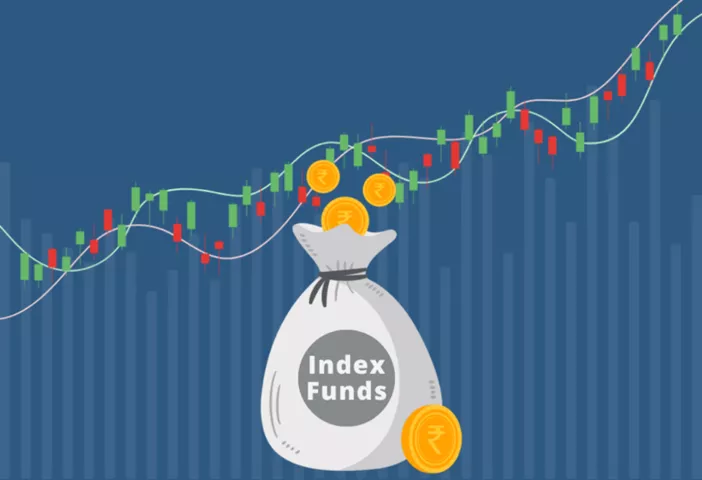Index funds have become a popular investment choice for individuals seeking a straightforward and cost-effective way to participate in the financial markets. But what exactly do these funds invest in? In this article, we’ll explore the composition of index funds, their investment strategies, and how they can fit into your investment portfolio.
Understanding Index Funds
Definition
An index fund is a type of mutual fund or exchange-traded fund (ETF) designed to replicate the performance of a specific market index. These indices can represent various segments of the market, such as large-cap stocks, small-cap stocks, bonds, or international equities. By investing in an index fund, investors gain exposure to a broad array of securities that mirror the chosen index’s composition.
How They Work
Index funds operate on a passive investment strategy. Unlike actively managed funds, where fund managers make decisions about buying and selling securities, index funds automatically adjust their holdings to reflect changes in the underlying index. This approach leads to lower management fees and reduced turnover within the fund’s portfolio.
Common Types of Index Funds
- Stock Index Funds: These funds track stock market indices like the S&P 500, which includes 500 of the largest U.S. companies, or the Russell 2000, which focuses on small-cap stocks.
- Bond Index Funds: These funds aim to replicate the performance of bond market indices, such as the Bloomberg U.S. Aggregate Bond Index, providing exposure to government and corporate bonds.
- International Index Funds: These funds invest in indices that represent foreign markets, offering diversification outside of the investor’s home country.
What Do Index Funds Invest In?
Composition of Index Funds
The specific investments within an index fund depend on the index it tracks. For example:
- S&P 500 Index Fund: Holds shares of the 500 companies that make up the S&P 500, including tech giants like Apple and Microsoft.
- Bloomberg U.S. Aggregate Bond Index Fund: Comprises U.S. government bonds, corporate bonds, and mortgage-backed securities.
- MSCI Emerging Markets Index Fund: Includes stocks from emerging market countries, such as China, India, and Brazil.
Investment Strategy
Index funds typically employ one of two strategies to replicate the performance of their benchmark index:
- Full Replication: The fund purchases all the securities in the index in the same proportions.
- Sampling: The fund buys a representative sample of the securities in the index, aiming to match its overall performance.
Benefits of Investing in Index Funds
- Diversification: By investing in an index fund, you gain exposure to a wide range of securities, reducing the risk associated with individual investments.
- Lower Costs: Passive management leads to lower management fees compared to actively managed funds.
- Transparency: Index funds regularly disclose their holdings, allowing investors to know exactly what they own.
- Performance: Historically, many index funds have outperformed actively managed funds over the long term.
Considerations Before Investing
Tracking Error
Tracking error refers to the difference between the performance of the index fund and its benchmark index. While index funds aim to replicate the index’s performance, factors like fees and sampling methods can lead to slight deviations.
Market Risk
Although index funds offer diversification, they are still subject to market risks. Economic downturns or market volatility can affect the performance of the underlying index and, consequently, the fund.
How to Invest in Index Funds
Choosing a Fund
When selecting an index fund, consider the following factors:
- Expense Ratio: Lower expense ratios can lead to better net returns over time.
- Fund Size: Larger funds may offer better liquidity and lower costs.
- Tracking Method: Ensure the fund’s strategy aligns with your investment goals.
Investment Platforms
Index funds can be purchased through various platforms, including:
- Brokerage Accounts: Many online brokers offer a wide selection of index funds.
- Retirement Accounts: Index funds are commonly available within IRAs and 401(k)s.
- Directly from Fund Providers: Companies like Vanguard and Fidelity allow investors to purchase funds directly.
Conclusion
Index funds provide a simple and effective way to invest in the financial markets. By understanding what these funds invest in and how they operate, you can make informed decisions that align with your financial goals. Remember to consider factors like diversification, costs, and your investment horizon when incorporating index funds into your portfolio.


